Next Pope: Cardinals Review Candidate Profiles
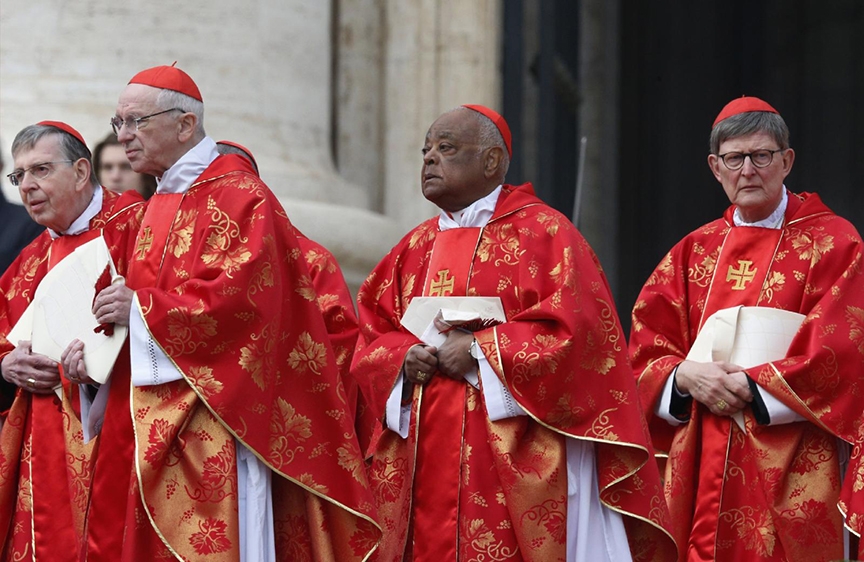
Table of Contents
Key Qualities Cardinals Seek in the Next Pope
The selection of the next Pope is a momentous occasion, demanding a leader with exceptional qualities. Cardinals prioritize a blend of spiritual, intellectual, and administrative capabilities. The next successor to St. Peter must possess a robust understanding of Catholic doctrine and tradition, while also demonstrating the ability to navigate the complex challenges facing the Church in the 21st century. What are the specific qualities that guide their selection process?
-
Strong theological understanding and adherence to Church doctrine: A deep understanding of Catholic teachings and a commitment to upholding Church dogma are paramount. The next Pope must be a staunch defender of the faith, capable of articulating its core tenets clearly and persuasively.
-
Proven leadership abilities and experience in managing complex organizations: The Catholic Church is a vast and complex global institution. The next Pope will need exceptional leadership skills to effectively manage its administrative structures, oversee its financial resources, and guide its diverse communities worldwide. Experience leading large organizations will be a significant asset.
-
Exceptional pastoral skills and a commitment to serving the faithful: The Pope is the ultimate shepherd of the flock. Empathy, compassion, and a genuine dedication to serving the needs of the faithful are crucial qualities. The ability to connect with people from all walks of life, offering comfort and guidance, is essential.
-
Ability to communicate effectively with a diverse global audience: The Pope's message must resonate with billions of Catholics across the globe, encompassing a wide spectrum of cultures, languages, and viewpoints. Effective communication skills, both written and spoken, are vital to unite the Church and address its challenges.
-
Experience in interfaith dialogue and global affairs: The Catholic Church plays a significant role in international relations and interfaith understanding. Experience in engaging with other religious leaders and navigating complex geopolitical issues will be highly valued.
-
A reputation for integrity and moral strength: The Pope is a moral leader, a figurehead for millions. Impeccable integrity, unwavering moral strength, and a commitment to ethical conduct are non-negotiable qualities.
Leading Candidate Profiles: A Preliminary Overview
While the conclave's deliberations are confidential, several cardinals are frequently mentioned as potential candidates. It is important to note that these are preliminary observations and do not constitute an endorsement or prediction. Analyzing the potential candidates requires understanding their strengths and weaknesses.
-
Cardinal A (Example): Known for his work in social justice and his outspoken advocacy for the poor, Cardinal A is seen by some as a progressive voice within the Church.
- Strengths: Passionate advocate for social justice, strong communicator, deep understanding of poverty and inequality.
- Weaknesses: Potential for disagreements with more conservative factions within the Church, relative lack of administrative experience in large organizations.
-
Cardinal B (Example): A highly respected theologian and scholar, Cardinal B is known for his deep intellectual engagement with contemporary theological issues.
- Strengths: Exceptional theological acumen, articulate communicator, extensive experience in academia and theological discourse.
- Weaknesses: Limited experience in pastoral ministry, potentially less adept at engaging with less-academically inclined members of the Church.
-
Cardinal C (Example): Cardinal C has served as an archbishop in a large, diverse diocese, demonstrating significant administrative capabilities.
- Strengths: Proven administrative skills, experience in managing a large and complex diocese, strong pastoral experience.
- Weaknesses: Less prominent in the global theological discourse, potentially less known to the wider international Catholic community.
The Impact of Current Global Issues on the Papal Election
The next Pope will inherit a Church grappling with numerous challenges in a rapidly changing world. Global issues significantly influence the cardinals' considerations.
-
The influence of geopolitical tensions on the selection process: Geopolitical tensions and conflicts around the world will inevitably shape the cardinals' deliberations. The next Pope will need to navigate complex international relations and advocate for peace and reconciliation.
-
The importance of addressing climate change and social justice concerns: Climate change and social justice are pressing concerns for many Catholics. The next Pope will need to demonstrate a commitment to addressing these issues effectively.
-
The need for a Pope who can unify a diverse and often fragmented Church: The Catholic Church is a global community with diverse viewpoints and perspectives. The next Pope will need exceptional leadership to unite this diverse body and foster a sense of common purpose.
-
The impact of declining Church membership in certain regions: Declining Church membership in certain parts of the world poses a significant challenge. The next Pope will need strategies to revitalize faith in these areas.
-
The challenge of maintaining tradition while adapting to a rapidly changing world: The Church must balance its commitment to tradition with its need to adapt to a rapidly evolving global landscape. The next Pope must find this delicate balance.
The Role of the Conclave in the Selection Process
The Papal conclave is a pivotal moment in the life of the Catholic Church. This secretive process involves a series of ballots conducted by the cardinals until a new Pope is elected.
-
The seclusion of the cardinals during the conclave: The cardinals are secluded in the Sistine Chapel during the conclave, dedicated to prayer and reflection before casting their votes.
-
The voting process and the required two-thirds majority: The voting process is carefully regulated, with each cardinal casting a secret ballot. A two-thirds majority is required to elect a new Pope.
-
The symbolism and significance of the white smoke signal: The white smoke signal emanating from the Sistine Chapel chimney announces the election of a new Pope to the world.
Conclusion
The selection of the "Next Pope" is a momentous event with global implications. The cardinals' careful consideration of candidates' profiles, taking into account their theological viewpoints, pastoral experience, and leadership skills, will shape the future direction of the Catholic Church. While the process remains shrouded in secrecy, understanding the key qualities cardinals seek and the challenges facing the Church provides valuable insight into the complexities of this critical decision. Stay informed about the latest developments in the election of the Next Pope and continue to follow our coverage for updates and analysis. Learn more about the qualities sought in the Next Pope and the process of papal election.

Featured Posts
-
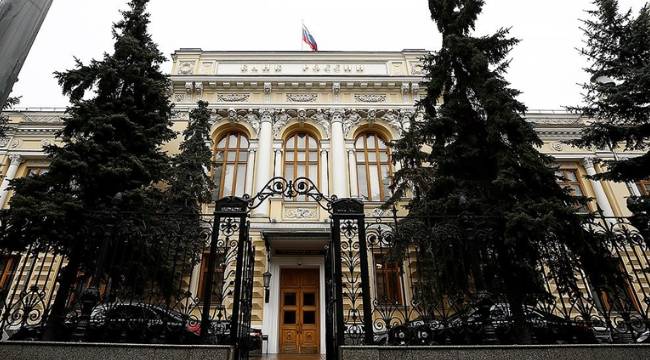 Rusya Merkez Bankasi Kripto Para Islemlerini Uyariyor Guevenlik Ve Yasal Riskler
May 08, 2025
Rusya Merkez Bankasi Kripto Para Islemlerini Uyariyor Guevenlik Ve Yasal Riskler
May 08, 2025 -
 Wall Streets Next Big Thing Billionaire Backed Etf Poised For 110 Growth
May 08, 2025
Wall Streets Next Big Thing Billionaire Backed Etf Poised For 110 Growth
May 08, 2025 -
 Analyzing Play Station Podcast Episode 512 The True Blue Story
May 08, 2025
Analyzing Play Station Podcast Episode 512 The True Blue Story
May 08, 2025 -
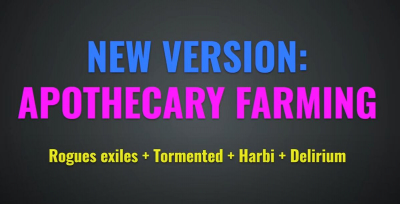 Path Of Exile 2 A Guide To Rogue Exiles
May 08, 2025
Path Of Exile 2 A Guide To Rogue Exiles
May 08, 2025 -
 Arsenal Vs Psg In Depth Preview Of The Champions League Semi Final Clash
May 08, 2025
Arsenal Vs Psg In Depth Preview Of The Champions League Semi Final Clash
May 08, 2025
Latest Posts
-
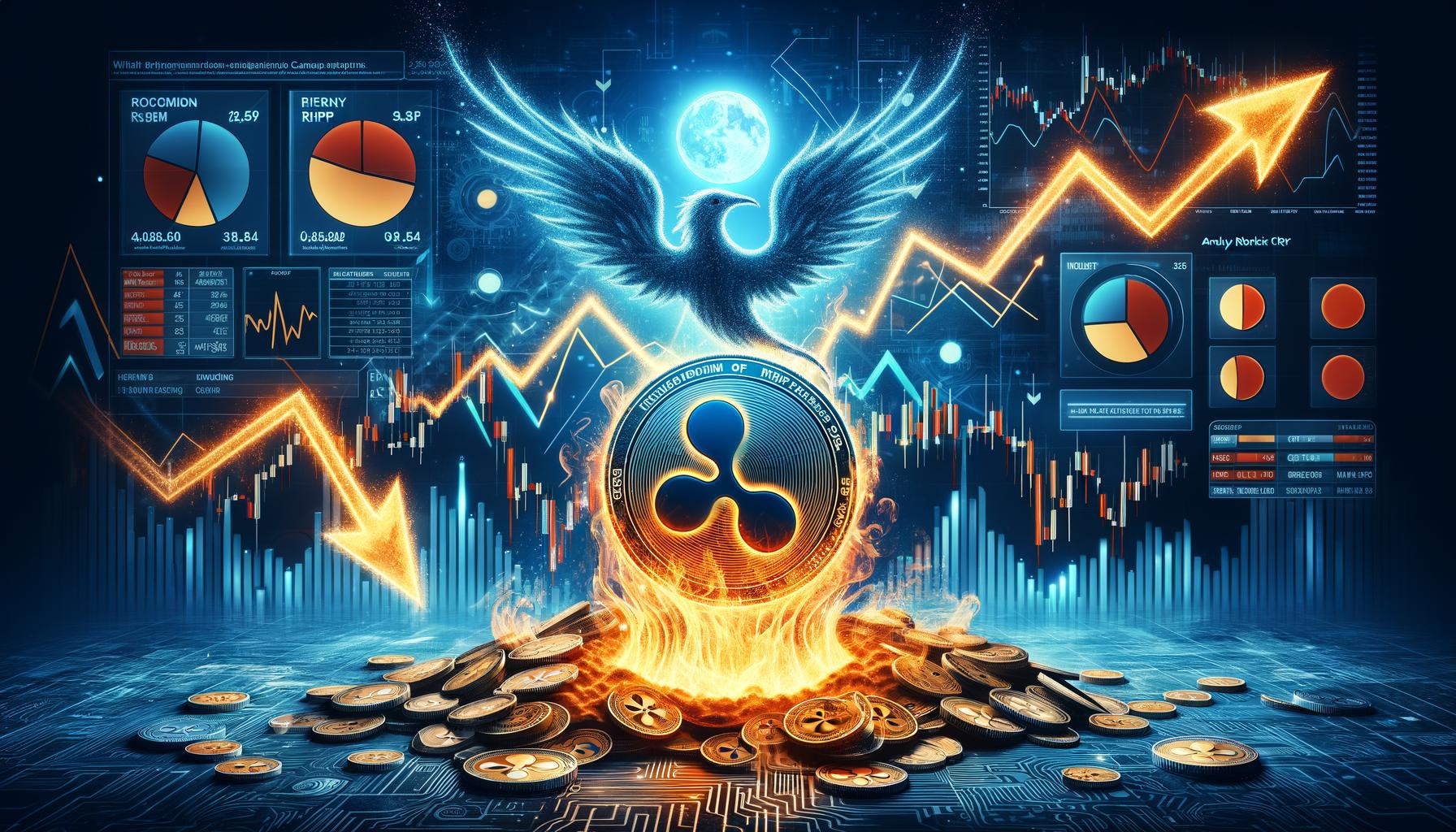 Analyzing Ripples Xrp Potential Can It Break Through To 3 40
May 08, 2025
Analyzing Ripples Xrp Potential Can It Break Through To 3 40
May 08, 2025 -
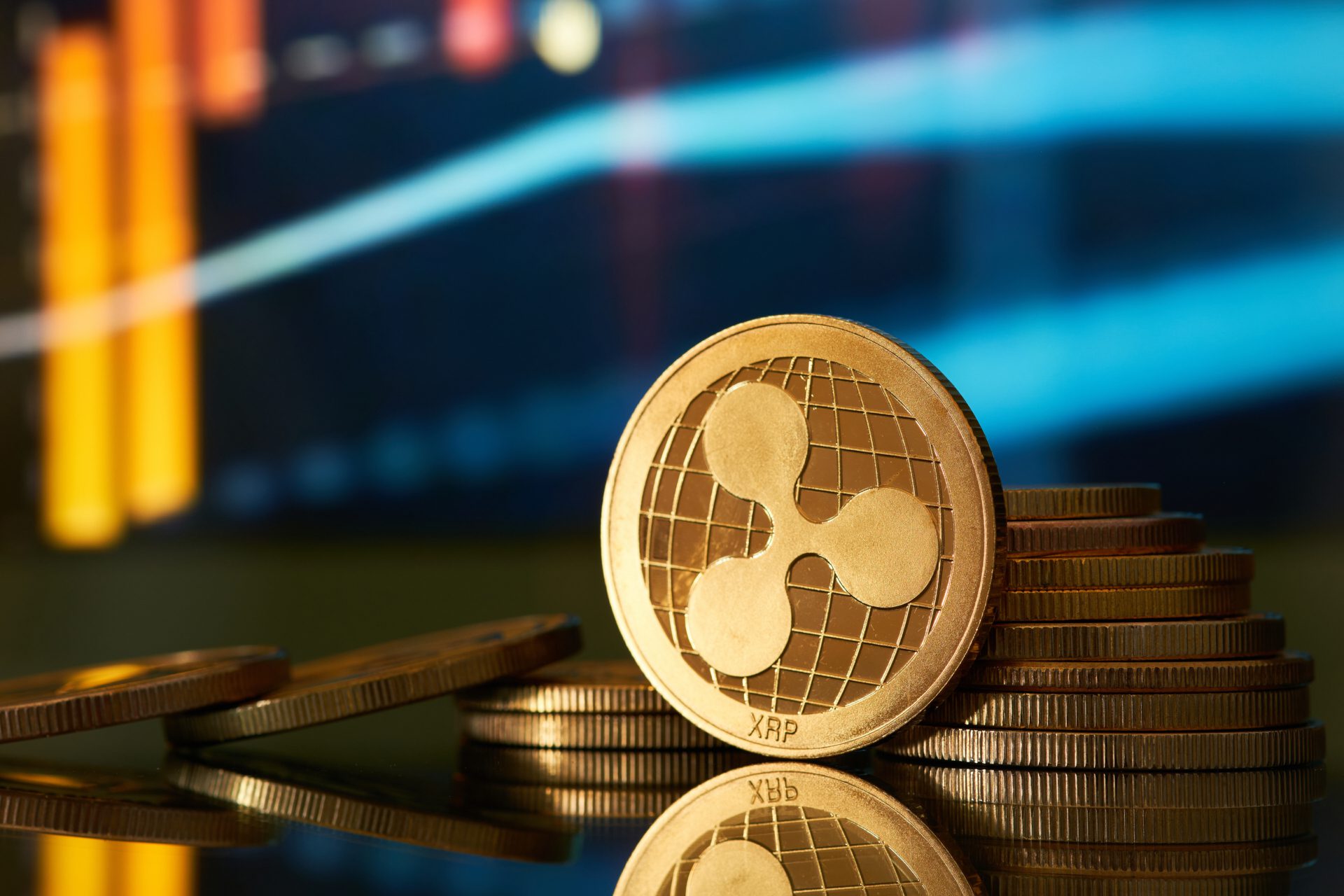 Ripples Xrp Assessing The Likelihood Of A Price Increase To 3 40
May 08, 2025
Ripples Xrp Assessing The Likelihood Of A Price Increase To 3 40
May 08, 2025 -
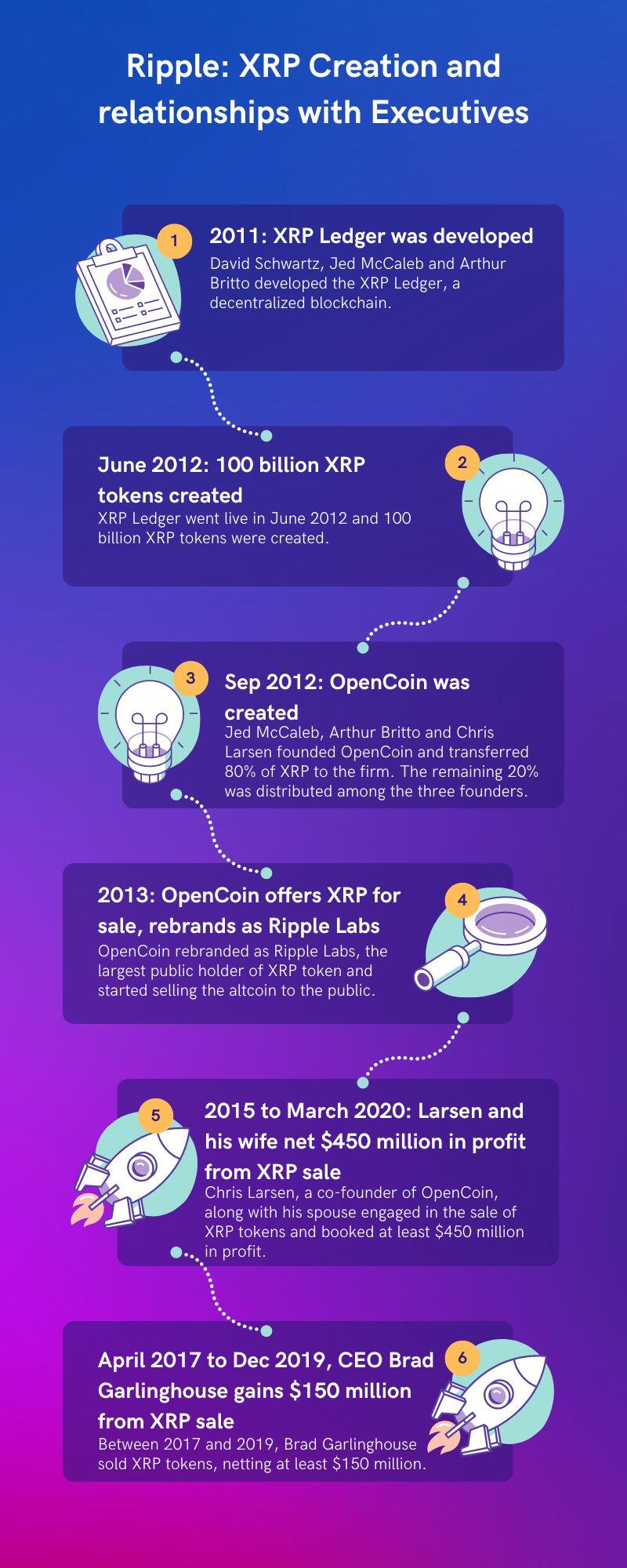 Is 3 40 A Realistic Price For Xrp Ripples Market Analysis
May 08, 2025
Is 3 40 A Realistic Price For Xrp Ripples Market Analysis
May 08, 2025 -
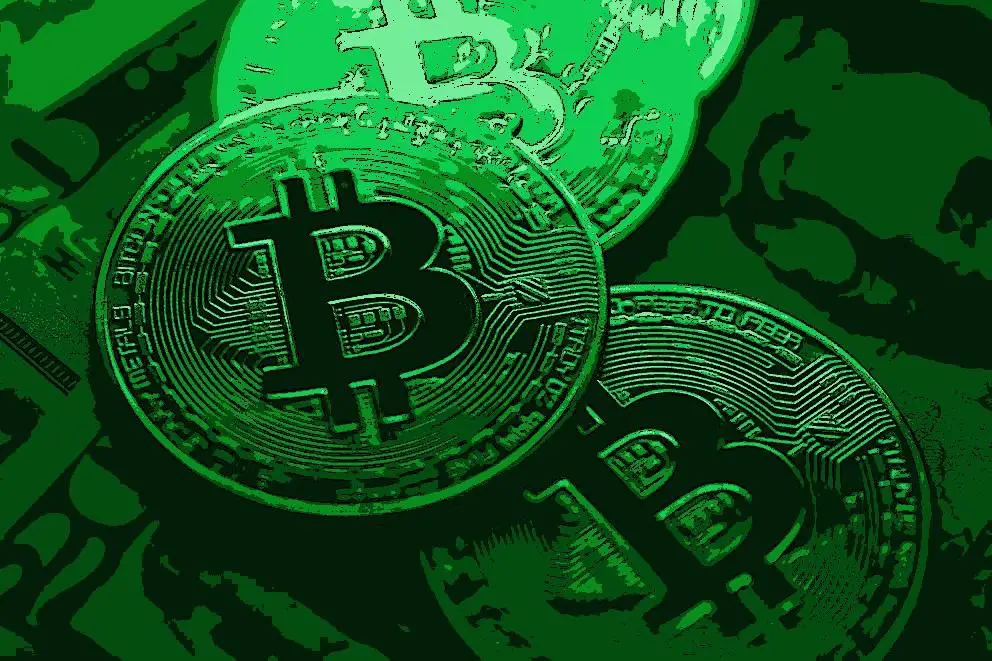 Xrp Ripple A High Risk High Reward Investment Opportunity
May 08, 2025
Xrp Ripple A High Risk High Reward Investment Opportunity
May 08, 2025 -
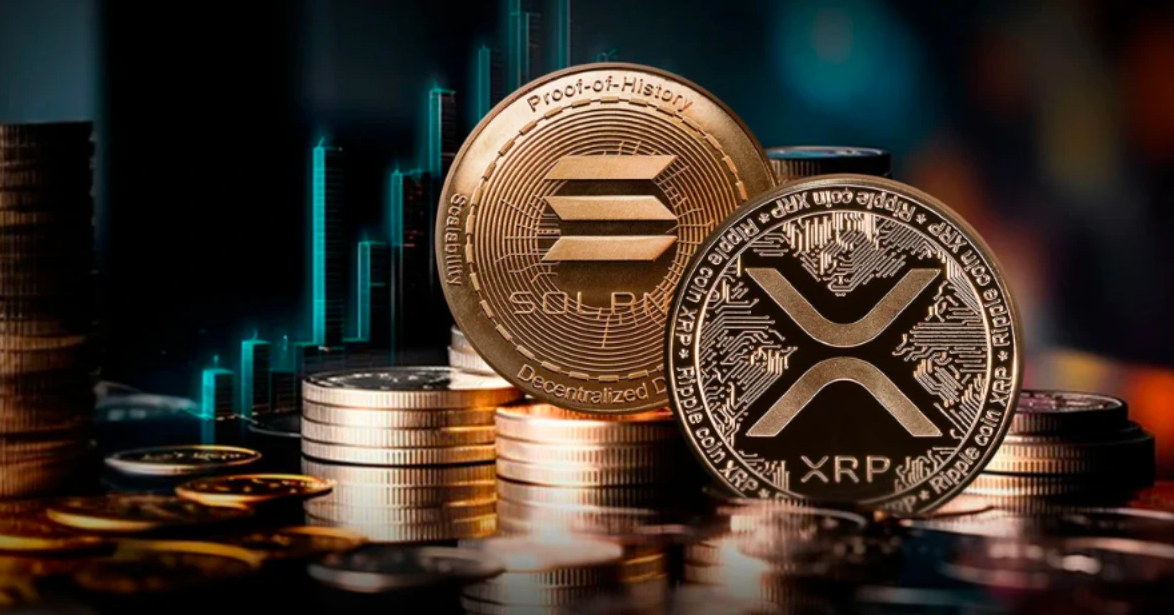 Analyzing The Challenges Why Xrp Etfs May Underperform Expectations
May 08, 2025
Analyzing The Challenges Why Xrp Etfs May Underperform Expectations
May 08, 2025
